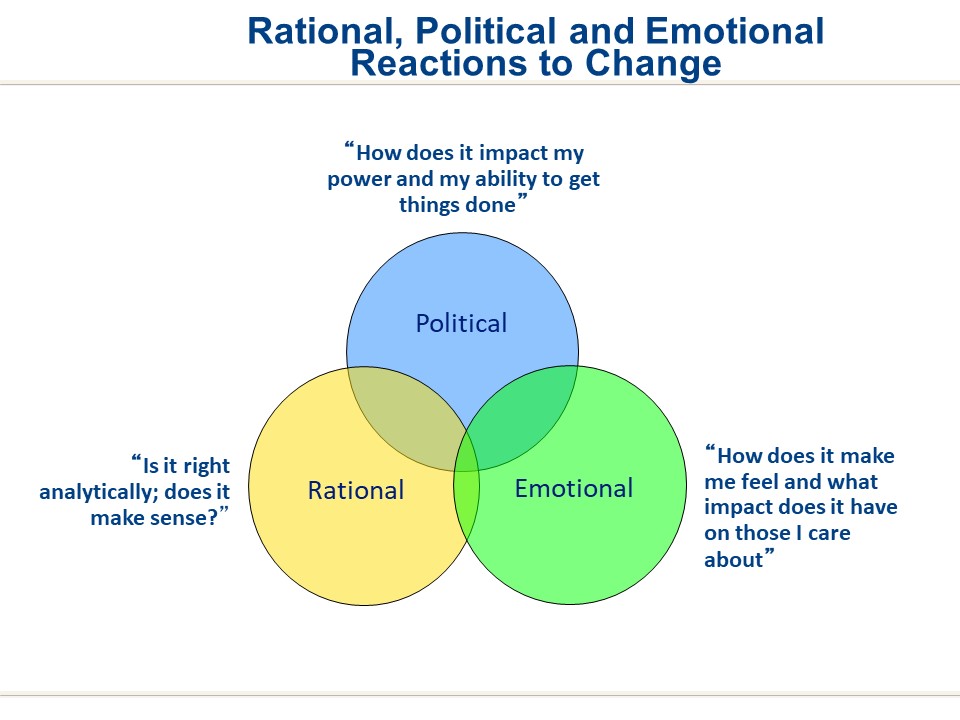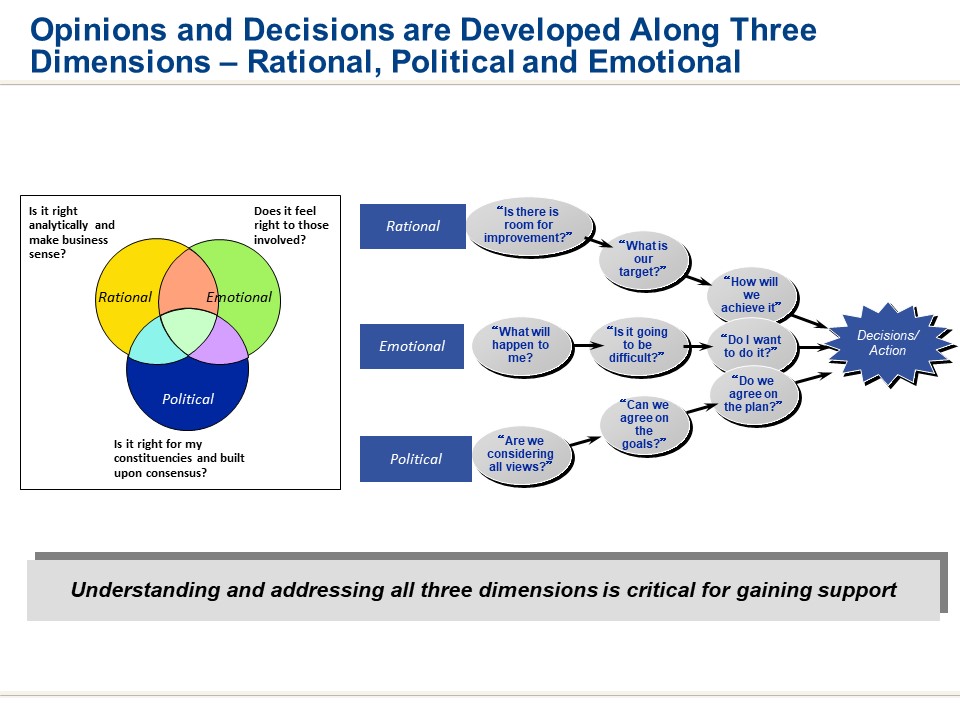From fsg.org:https://www.fsg.org
Facilitating inclusive meetings is a vital skill that can transform ordinary gatherings into effective and empowering experiences for everyone involved. Especially when working toward social change, fostering inclusive spaces is essential to ensure that the voices, perspectives, and needs of all individuals are acknowledged and actively included—particularly for voices that are often left out of the decision-making process. By promoting equitable participation, inclusive facilitation cultivates richer conversations and increased collaboration resulting in more effective and comprehensive solutions to advance social impact work.
From strategy workshops to board meetings to focus groups with community members, FSG has collectively Continue reading


